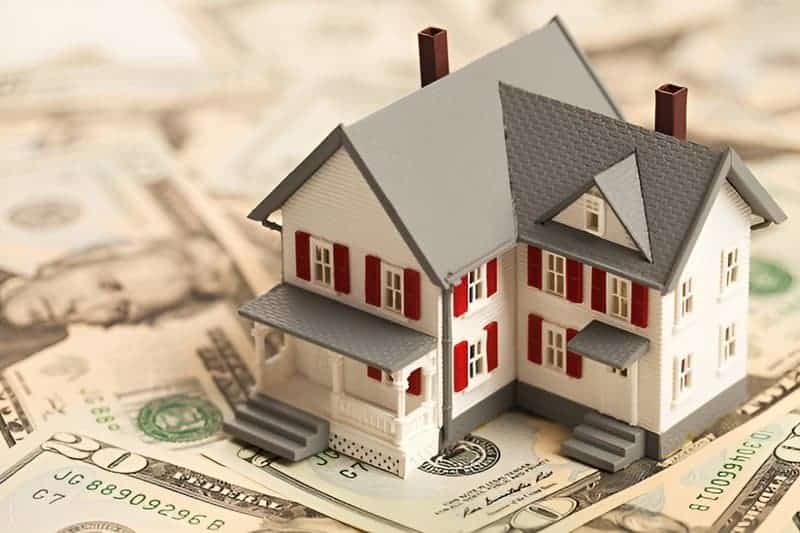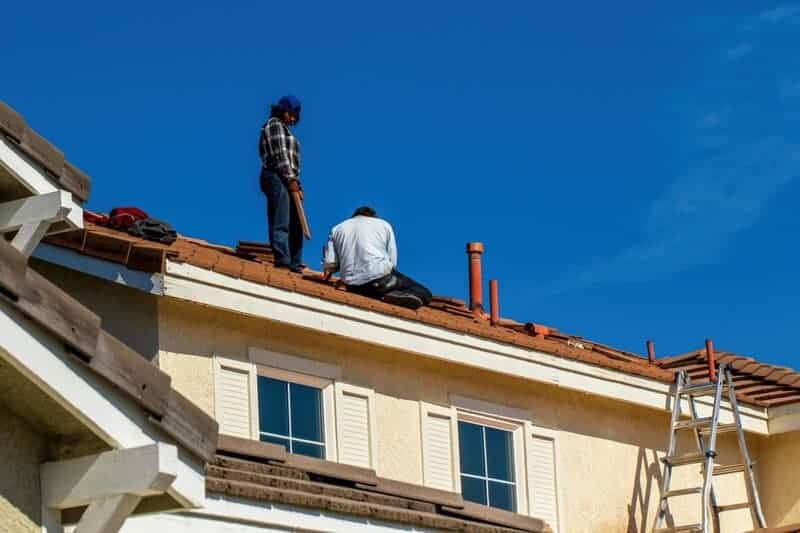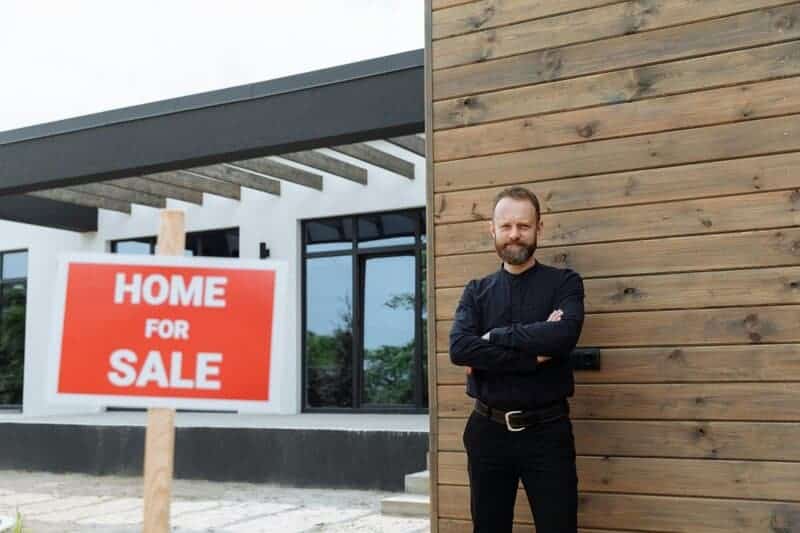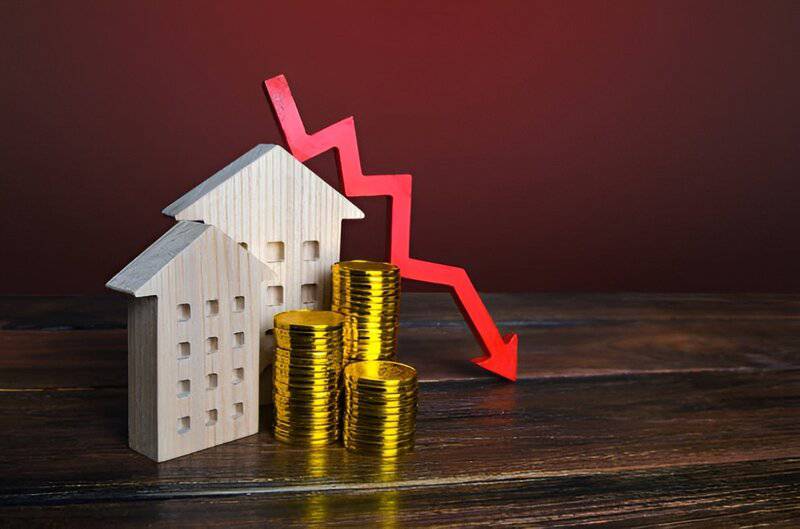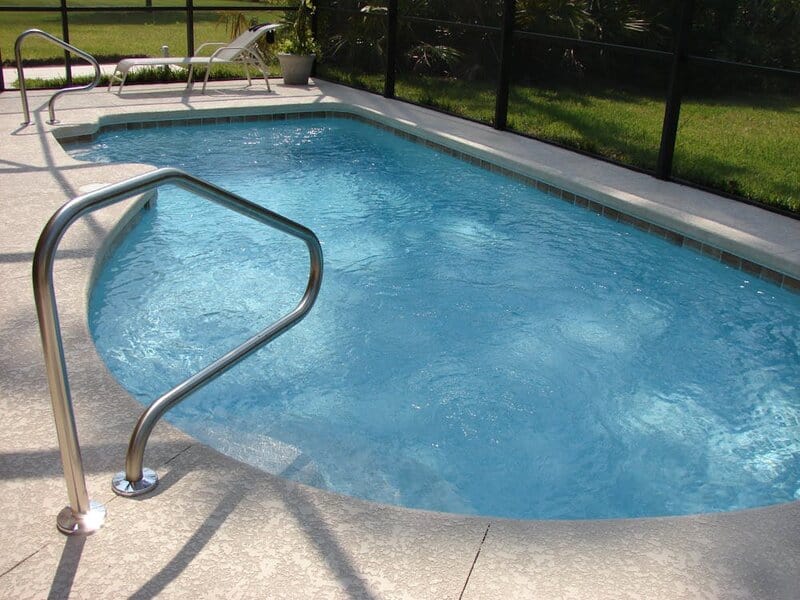For decades, buying a home was seen as the ultimate sign of success. But today, both the emotional burden and financial risks of homeownership are giving many people pause. The housing market has shifted dramatically—prices are soaring, interest rates fluctuate, and maintenance costs are higher than ever. Meanwhile, priorities are changing. Flexibility, mobility, and lifestyle quality matter more in our fast-paced world. It’s no wonder more people are questioning the old “American Dream” and considering if renting is actually the smarter move right now.


